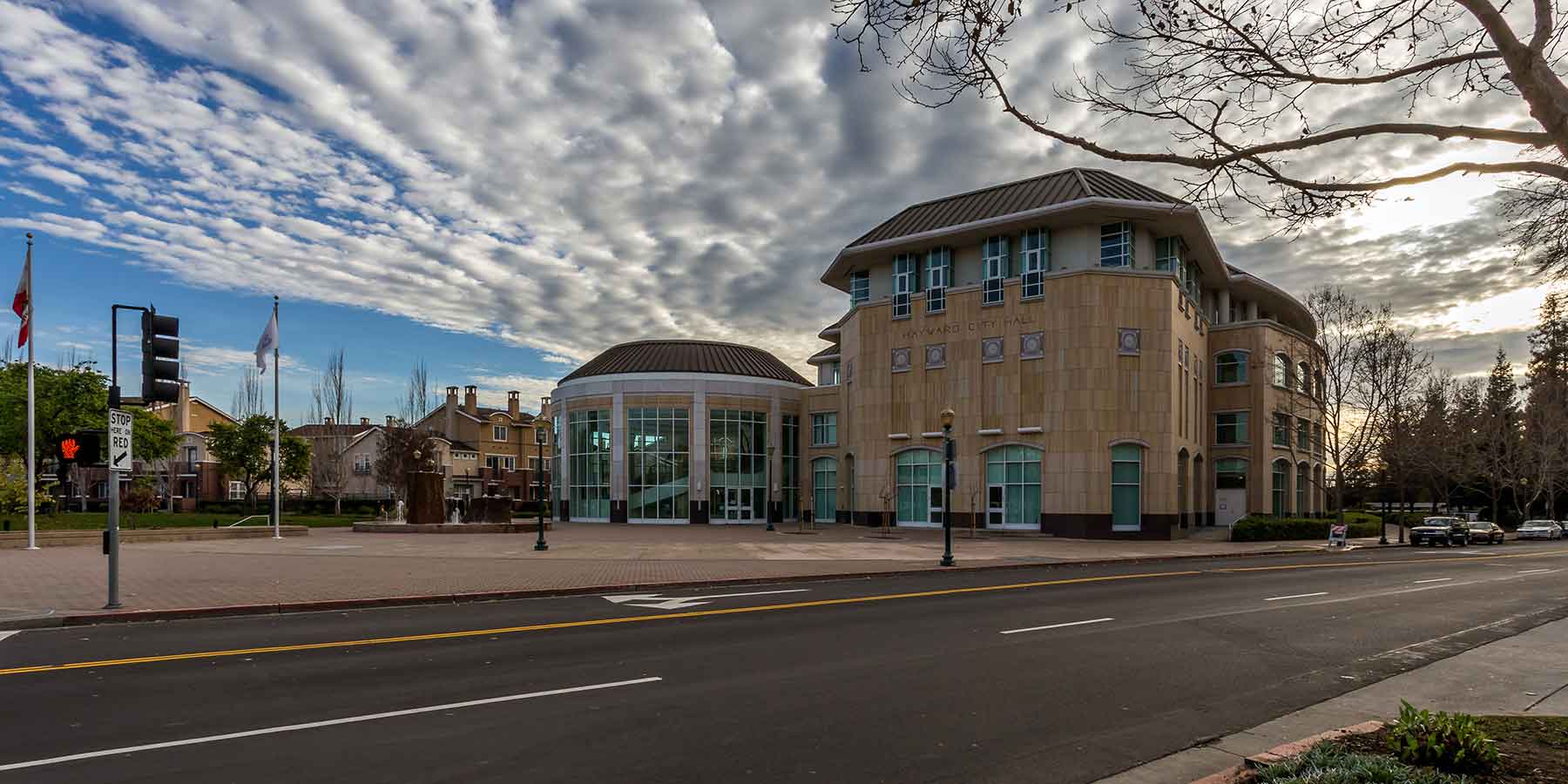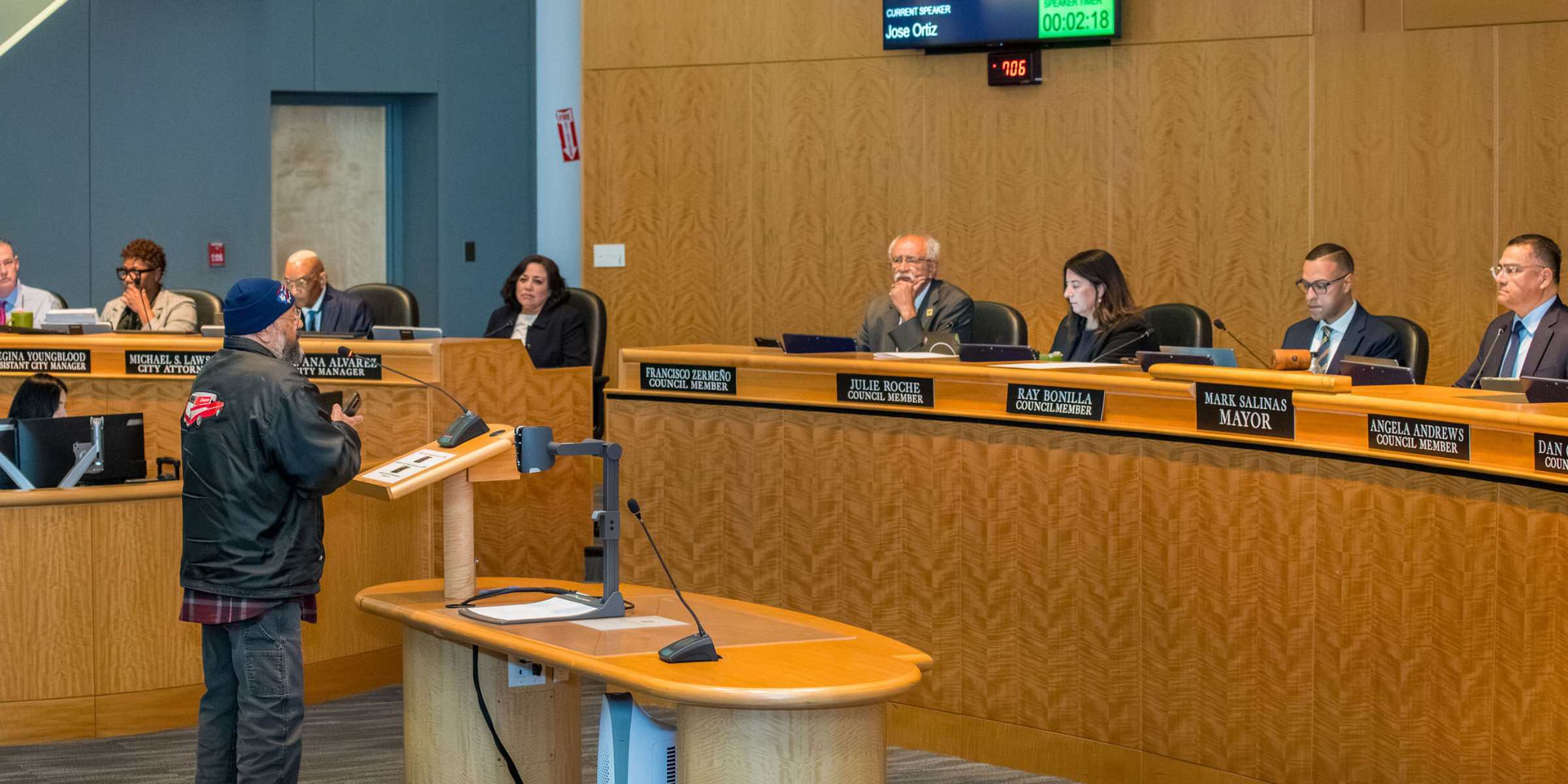Mobile Home Rent Stabilization Ordinance - Frequently Asked Questions
The City of Hayward Mobile home Space Rent Stabilization Ordinance (“Ordinance”) provides limits on rent increases and causes for eviction for mobile home rental spaces within the city limits of Hayward.
The following is a summary of the central provisions of the Ordinance in a FAQ (Frequently Asked Questions) format. Please note that this FAQ does not cover residential units which are governed by a separate ordinance. The information in this FAQ is not a substitute for legal advice. Review of the Ordinance is strongly encouraged, a copy of which can be found online at www.hayward-ca.gov/housing
Q. What units are covered under the Ordinance’s limits on rent increases?
A. A “Mobilehome Space” is defined in Section 2(j) of the Ordinance as a site within a Mobilehome Park intended, designed, or used for the location or accommodation of a mobilehome and any accessory structures or appurtenances attached thereto or used in conjunction therewith; provided, however, that the term mobilehome space shall also include the term mobilehome in those cases and in only those cases in which an individual rents or leases both a mobilehome site and the mobilehome located on that site from the Park Owner.
Q. What are the rules regarding rent increases for rental units subject to the Ordinance?
A. Generally, the Mobilehome space rent payable for use or occupancy of any mobilehome space shall not be increased in a 12-month period more than the greater of:
(1) Three percent or Sixty percent of the percent change in the consumer price index, provided that no rent increase of more than six percent may be imposed.
Provisions for increasing the Mobilehome space rent beyond these rates in a 12-month period can be found in Section 3, subsections (b), (c) and (f).
Q. Is a landlord required to provide a notice of a rent increase to a tenant?
A. Yes. Whenever the Park Owner serves a notice of rent increase, the Park Owner shall at the same time and in the same manner serve the Tenant with a notice that complies with applicable provisions of state law and the Ordinance. also sets forth all of the following information:
(1) As to a rent increase based solely on a change in the cost of living permitted by Subsection 3(a) of the ordinance, the Park Owner’s notice shall state:
(i) The amount of the rent increase, both in dollars and as a percentage of existing rent; and
(ii) That the Park Owner considers the rent increase consistent with the limitation set forth in Subsection 3(a) of this ordinance; and
(iii) The address and telephone number of the Rent Review Officer and the fact that the Tenant is encouraged to contact the Officer for an explanation of the provisions of Section 3(a) of this ordinance.
(2) For any notice of rent increase above the cost of living increase permitted by Subsection 3(a) of this ordinance, the Park Owner’s notice shall include:
(i) The amount of the rent increase, both in dollars and as a percentage of existing rent; and
(ii) Documentation supporting the level of increase proposed, including at a minimum: a summary of the unavoidable increases in maintenance and operating expenses; a statement of the cost, nature, amortization, and allocation among mobilehome spaces of any substantial rehabilitation or capital improvement; a summary of the increased cost of the Park Owner’s debt service and the date and nature of the sale or refinancing transaction; a summary of the Park Owner’s net operating income for the preceding 12 months compared to that for the most recent 12- month period before the application to the park of rent stabilization under this ordinance or its predecessors; or other relevant information that supports the level of rent increase desired.
(iii) The identity of all other affected Tenants and the spaces which they rent;
(iv) A copy of the petition form prepared by the City’s Rent Review Office which initiates the arbitration process by the ordinance.
(v) Pursuant to Section 11 of the Mobilehome Space Rent Stabilization Ordinance, a mobilehome park owner may not attempt to recover possession of a mobilehome space based on the failure of the resident to pay the contested portion of the proposed space rent increase.
Q. What is the process to contest a rent increase?
A. Section 5 of the Ordinance addresses the Rent Dispute Resolution Process. If you would like to contest a Mobilehome space rent increase you may take the following steps:
- Contact the City’s Rent Review Officer at (510) 583-4454: The Tenant may contact the Rent Review Officer for an explanation of the provisions of this ordinance.
- File a petition: A tenant must file a petition for review of rent within thirty (30) days of either (a) service of a notice of rent increase, or (b) notice of an alleged failure to comply with a requirement of the ordinance. The petition form and instructions can be obtained from at the City’s Rent Review office. If the disputed rent increase affects more than 10 mobilehome spaces, the petition must be signed by tenants representing at least 51 percent of the affected mobilehome spaces, otherwise the Rent Review office will not accept the petition.
- Attend a mandatory meet and confer session, which will be scheduled by the Rent Review Officer or an appointed Professional Facilitator. During this session the Park Owner (or representative) and tenant will be asked to present evidence supporting the proposed rent increase to the Rent Review Officer or a Professional Facilitator. This shall be an informal dispute resolution process.
- If the Meet and Confer Session is unsuccessful in resolving the dispute, then an Arbitration Hearing will be scheduled by the Rent Review Officer. The Park Owner (or representative) and tenant(s) will be required to attend this hearing. After the hearing, a determination will be made, by a neutral third party, as to whether the rent increase in dispute is permitted by the ordinance.
Q. The Park owner is charging me for utilities, is this legal?
A. Yes, unless the utilities were not originally included in your space rent.
Q. What is the difference between a long-term and a short-term lease?
A. A long term lease is any space rental agreement that covers a period more than 12 months. The important thing to know about long term leases is that the City’s rent control provisions do not apply to the resident.
Q. How much can the space rent be increased in a year?
A. 3% or an increase equivalent to 60 percent of the annual percentage change in the consumer price index, provided that in no event can this increase exceed 6%
Q.What is the Consumer Price Index?
A. The Consumer Price Index is a cost-of-living inflation factor based on urban consumer costs in the San Francisco Bay Area published by US Department of Labor, Bureau of Labor Statistics. This Index can be found online at the Bureau of Labor Statistics at https://www.bls.gov/home.htm.
Q.How can a mobile home resident challenge a proposed space rent increase based on “other reasons”?
A.The Mobilehome Rent Stabilization Ordinance allows residents to file a petition for rent review to question the amount and the reason for the space rent increase. In order to have a rent review, 51% of the affected residents are required to sign the petition.
Q. What is a service reduction?
A. Service in the park that you believe has been reduced. Example: swimming pool, club house accessibility.
Q. I have received an eviction notice from the park management, can the City help me?
A. In most cases, if a resident receives an eviction notice for not paying rent or failing to follow the park rules, the City cannot prevent the eviction. Contact ECHO Housing at (510) 581-9380 for an explanation of any rights you may have.
Q. What is the Mobilehome Residence Law?
A. Mobile Home Residence Law (MRL) is a collection of state laws that regulate what the park owner can do in the park and provides a number of rights for mobile home residents.
Q. Can the park owner raise the space rent when I sell my mobile home?
A. If you are on a long-term lease, the lease agreement will govern whether the park owner can raise rents upon sale of the mobile home. If the space is regulated by the City’s mobile home law, the park owner cannot raise the rent to the buyer.
Download the document:








